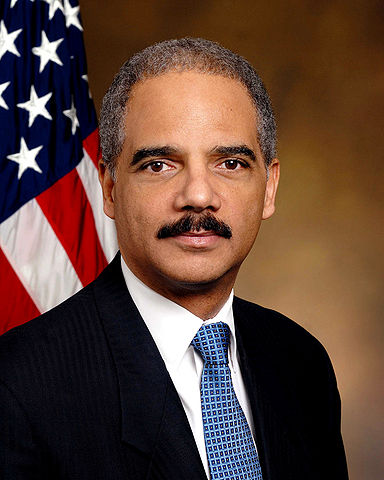How to avoid another Justice Raid

Americans look to both government and the press to protect their interests. But when the two institutions battle over who better defends those interests – especially on national security – it’s time for each side to strike a deal.
That should now be the case in light of the news that the Justice Department had secretly obtained two months’ worth of phone records belonging to The Associated Press. The investigation is part of a hunt for someone in government who leaked information to the AP last year about a thwarted terrorist plot in Yemen.
The leak, claims Attorney General Eric Holder, “put the American people at risk,” although he didn’t say much more about whether such risk was imminent. And, he contends, the AP was not told beforehand of the records search because it might have jeopardized the investigation (again, not elaborating).